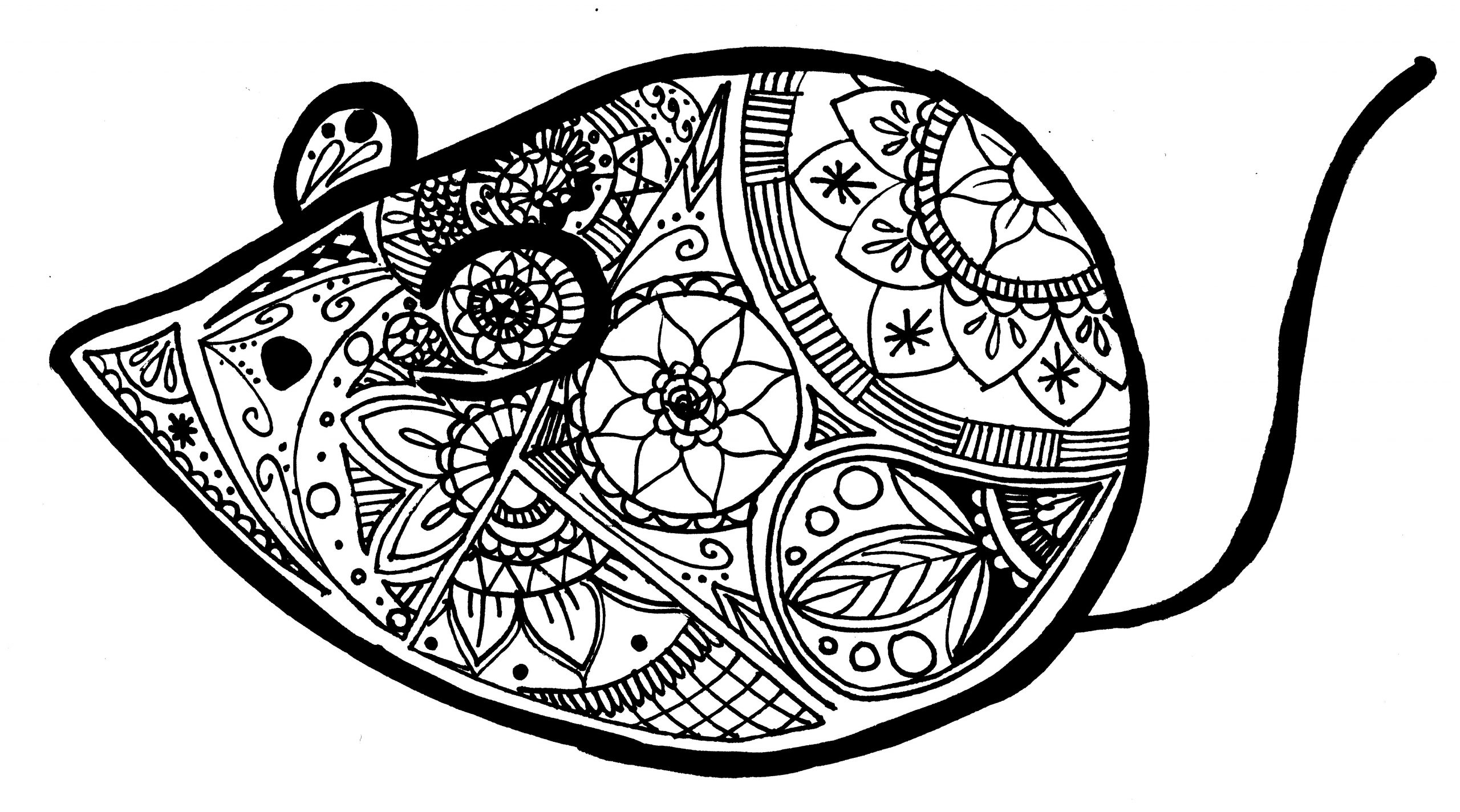For my final course for this course ( although I know I am posting this a bit late), first I want to talk about the documents in Dawson’s text and then talk about the course as a whole.
One thing I noticed comparing the two documents, document 11.1, the summary of Judgment & Order of Superior Court of Nueva Loja, seemed to be more structured and organized than the opinion by judge Kaplan. This may be because one is a summery of another text and the other is an excerpt from the original text but I found this really fascinating especially since both parties state at one portrays the Ecuadorian judicial system as corrupt and unfit to reach a fair verdict. Also, compared to the court in New York, I had the impression that the Ecuadorian court had a more objective perspective, denying quite a few of the plaintiff’s claims. This again seems to be trying to imply that the judicial system of Ecuador is not as biased as it is said to be and possibly even fairer than the court in New York. This case reminded me of Erin Brockovich and the case she fought against PG&E. Maybe it’s b\just because both involve suing a powerful American company for polluting the environment. ( the movie is excellent so it’s worth watching if you’re interested.)
I’ve always had a strong interest in Latin America. I especially loved Mexican culture and it was the reason why I studied Spanish for three years. Yet at the beginning of the course, I had absolutely no knowledge of Latin American history, politics, or racial diversity, and when asked to chose 3 words to describe Latin America, I said something like passionate and colorful. Although I still think Latin Americans are more passionate in general, now I realize that these words were only scratching the surface. The complex history of the region makes describing it with only a few words extremely difficult. As professor Jon has mentioned a couple of times the more I learn about Latin America the more difficult it becomes to describe. Every week we could see a new dimension of the region which is also somehow interconnected by the history of colonialism and racism. However, I think this is what makes Latin America so captivating. The pandemic as well as the ever-changing political situation, such as chilians decision to rewrite the constitution, makes it very difficult to predict what lies ahead for the content, just as Creelman was unable to predict the Mexican revolution. I wonder if we were to accurately predict the future would that change anything? Or would we end up with the same results anyway?
This course was very eye-opening and made me ponder concepts or ideas I had never thought of before living in Japan and I’m really glad I took it this semester. Thanks everyone:)
